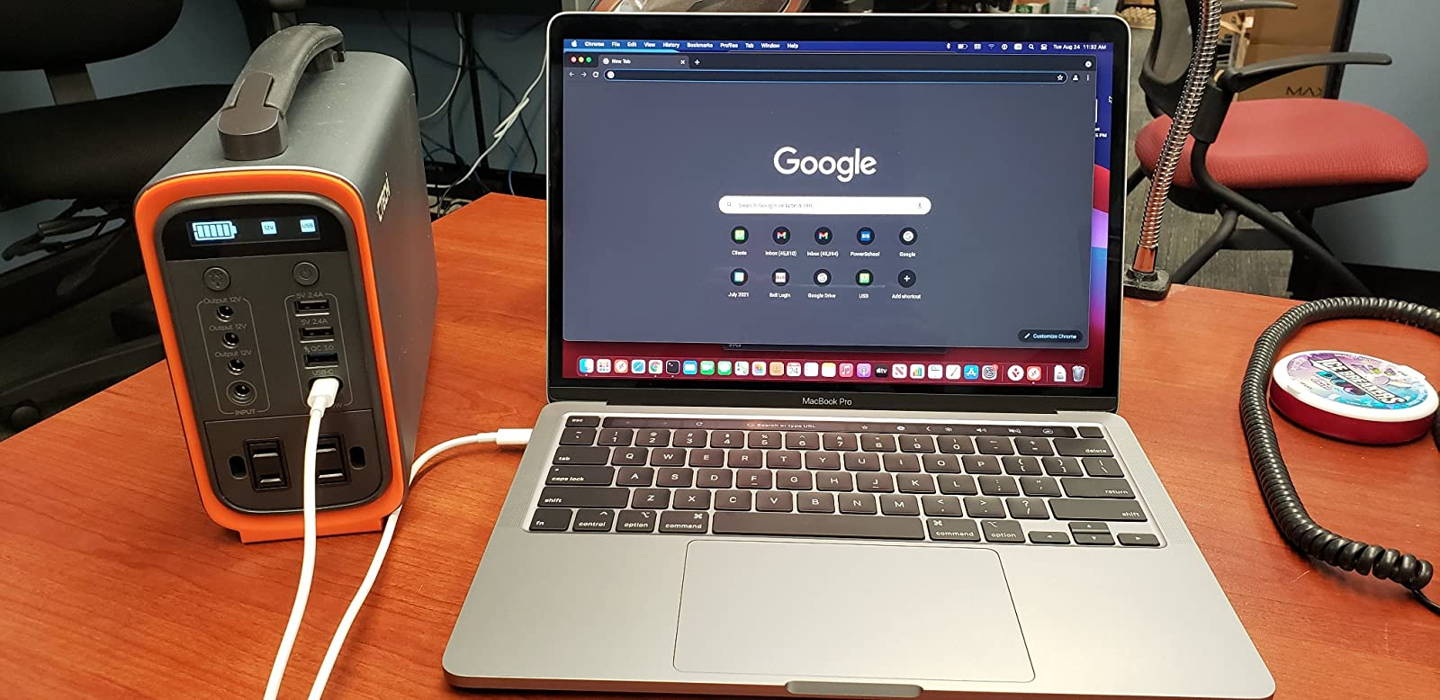April 29,2020
It's time to invest in solar energy!
With the depletion of fossil fuels, solar energy has become a significant aspect of human energy consumption and is continually being developed. You can convert solar energy into two forms: photothermal conversion and photovoltaic conversion, and it is a rapidly increasing renewable energy source. The utilization of solar panels for power generation provides us with economic and environmental advantages.

Economic benefits
How much can you save with solar panels?
Solar panels may substantially cut or even eliminate your electricity cost by generating electricity to run your everyday electronics. Even if you use solar panels once a month, you may easily save $20. Although $20 may appear negligible, a solar panel typically lasts more than 20 years, meaning you may have $5,000 to do anything you want with no strings attached. Of course, if you consume solar energy more, you might save $50,000 on your electric bill or perhaps stop paying for power altogether - the money you spend on solar panels is paying for the electricity you'll use in the next 20 years.

What factors affect the price of using solar power?
The Way You Pay for Electricity
Because the primary benefit of solar energy is the reduction or elimination of your current monthly electricity bill, the amount you now spend on electricity will have a considerable effect on how much you save from solar energy. One thing to bear in mind is that if you reside in a location with high power rates, the savings from solar PV will be much higher than at places with lower electricity rates.
Cost of Solar PV Energy
The second thing that affects how much you save from solar energy is the cost you pay for solar PV. Incentives from the federal, state and municipal governments can help you lower the cost of solar PV. Incentives and rebate schemes, ranging from investment tax credits to solar renewable energy credit (SREC) programs, can dramatically lower the amount you spend on solar PV.
CTECHi Solar Energy
A CTECHi power station coupled with the optional solar panels can provide you and your family with a safe, clean, reliable backup power option that can be used indoors as part of your emergency preparedness plan.
Environmental Benefits
Electricity from the solar panels is safe, and it does not cause any pollution.
The majority of power in the United States is generated by burning fossil fuels like coal and natural gas and extracting, and this process is both expensive and harmful to the environment. Solar energy, on the other hand, is both free and unlimited. Solar panels create power free of carbon dioxide and other pollutants since it is generated using solar energy.
Solar energy is one of the most stable sources of energy, and we can use it by investing in solar panels—this way, our reliance on fossil fuels can also be reduced. According to a study conducted by the National Renewable Energy Research Institute (NREL), widespread use of solar energy can effectively reduce emissions of nitrogen oxides, Sulphur dioxide, and particulate matter, reducing severe health issues such as chronic bronchitis, cardiovascular and respiratory problems. We could power the entire world for a year if we could capture all the solar energy hitting the earth in one hour.


Reduce Greenhouse Gases
Solar Energy Can Effectively Reduce Greenhouse Gases.
If you start using solar energy instead of fossil fuels, it can significantly reduce the greenhouse gas effect and bring a drastic decrease in carbon dioxide (CO2) production. Greenhouse gases which are released when fossil fuels are burnt, leading to global warming. If we use a clean energy source like solar panels, we can perish carbon emissions produced by burning 5,000+ pounds of coal each year. Climate change is producing substantial environmental and public health concerns for the country and the world, from wildfires in the West to frequent and severe storms in the East. We can lessen our reliance on fossil fuels, greenhouse gas emissions, and carbon footprint by embracing solar energy.
As a matter of fact, installing solar panels can have a huge impact on the environment. According to the US Energy Information Administration, homes in Connecticut that have solar panels generate at least 8,288-kilowatt-hours (kWh) of electricity every year. For houses in Connecticut, the decrease in emissions by shifting from fossil fuels to solar power is comparable to growing around 150 trees per year throughout a solar panel's life span.








